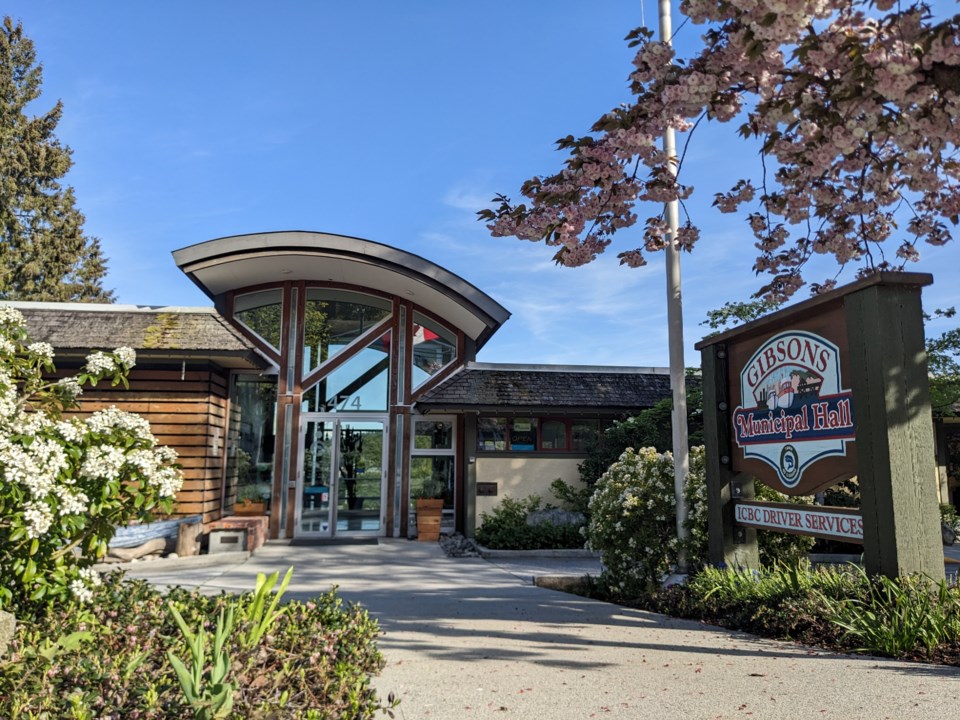Gibsons council is renewing its push for stronger watershed protections and clearer oversight of forestry operations, following a staff report on BC Timber Sales’ (BCTS) 2025–2029 Sunshine Coast Operating Plan.
At its July 22 regular meeting, council endorsed a recommendation to re-share findings from a 2024 review of BCTS’s watershed assessment with the Ministry of Forests and the Ministry of Water, Lands, and Resource Stewardship.
The review, conducted by independent hydrology experts, raised concerns about the potential impact of proposed logging — particularly cut block TA0159 — on Aquifer 560 recharge.
Recommendations included
- BCTS should conduct further research and share detailed cut block plans with watershed stakeholders.
- Logging approvals should occur in stages, each requiring a comprehensive monitoring and adaptive management program.
- A shallow groundwater monitoring well network should be installed within and downslope of the planned development.
“This is just one of those things that comes and goes,” said Coun. David Croal. “One minute they’re talking about logging, and the next minute the auction is next week. I really appreciate the conscientious effort our staff is putting in to stay on top of this.”
The staff report also noted that while only part of Chaster Creek — near the proposed cut block — runs through Gibsons, changes in stormwater runoff and aquifer recharge could still affect the town’s water supply.
Frustration over fragmented oversight
Council members used the discussion to highlight broader governance issues, expressing frustration over the lack of coordination among agencies responsible for watershed management.
“There are just so many silos and authorities when it comes to our watershed,” said Mayor Silas White. “It really speaks to the need for watershed security governance — co-governance — so that all these interests can be brought together at the same table.”
Council’s call for better watershed governance is in step with the town’s 2023–2027 Strategic Plan, which highlights aquifer protection and regional collaboration on water issues.
Council’s motion to re-engage with the province passed unanimously.
Jordan Copp is Coast Reporter’s civic and Indigenous affairs reporter. This reporting beat is made possible by the Local Journalism Initiative.
Words missing in article? Your adblocker might be preventing hyperlinked text from appearing.


